MGS CHAT: MISS USA 2010 RIMA FAKIH
These days, Rima Fakih has one rule for her life: Don’t put
encumbrances on her. And who can blame her! The first Arab-American queen in
the history of the Miss USA pageant was put under clamps by the Miss Universe
organization when she later ran for that title. She was restricted from
speaking her mind about her culture and heritage. She was hounded by the media
on a daily basis and haunted by the fact that there was a groundswell of narrow-minded
thinkers who wanted her reign to end prematurely and with controversy. It was
fitting that we met up with her at an event at Eva Longoria’s Eve Nightclub in
Las Vegas, where Fakih and boxing champ Floyd Mayweather hosted a standing room
only evening. Perhaps it’s “the gloves are coming off” attitude that prepared
her for a tumultuous, yet rewarding year as Miss USA. Read on to find out how
tough–and thoughtful–this beauty queen can be.
GUY: What was the most difficult aspect about your reign as Miss USA?
FAKIH: Adapting to a situation where there is no personal life. I have
always wanted to be in the lights, in front of the camera; I love that, but it
was difficult to be under the control of Donald Trump’s Miss Universe organization,
which also runs the Miss USA pageant. When you enter that contest, you have no
control over your life. When you become Miss USA, you become the “property” of
the Miss Universe organization. There is no having a day off or even choosing
what to wear or even what event you want to attend. Others make the decisions
for you. You’re on a schedule as to when to even eat. At the beginning, it was
a little rough for me, but coming from a Lebanese home, where you are
disciplined and you always have to follow your mom and dad’s rules, it wasn’t
that hard to adapt to.
How was it with your family? Were they around or were you alone?
couldn’t keep up with them. They were always in Michigan, and I was always traveling.
I stayed at the Miss USA apartment in Manhattan, and my roommate was the
current Miss Universe; I hardy saw her or my room. I like to be busy; I like to
travel. Missing my family was challenging, especially with all of the
controversy I went through. I was very afraid that their life would be affected
by it. I have to say that if there was anyone stronger than me through this
year, it was my family. They had my back, and they supported me every step of
the way. There wasn’t a moment when they were not there. They didn’t allow
anything to get in the way of my reign.
press coming after you with the controversy over your ethnicity. How did you
overcome it and gather the strength to move forward?
questioned about religion and false rumors about some of my pole dancing
contest pictures was an every moment occurrence at the beginning. I had to take
the negativity out of it. I remained calm at all times, despite the times I
really wanted to speak out and talk more about who I am religiously and how the
Middle East really is. But the organization didn’t really want me to talk about
it too much. Yet through it all, I kept my culture. I kept making sure that
whatever I said was equal on both sides.
about your religion before they even ask about you?
They ask where I’m from and what religion I am before they get to anything
really important. One question I really hate when I am around people from the
Middle East is they want to know “what type” of Muslim am I. It’s funny because
when I won the crown, the first wave of negativity was the pictures that I had
to clear up, and then the ethnicity questions started, “Well, you look Latino,
but you name is Middle Eastern.” The first thing I said was, “Yes, I am
Lebanese, and I was born in Lebanon.” That gave everyone a shock. Then they
would ask me, “So, are you Muslim?” That’s because they always assume that
Arabs or people from the Middle East are Muslim. And that’s not true at all. Of
course, I answered yes, but I had to explain that Arabs have many different
cultures and religious beliefs. We are not all Muslim. Then they asked what
part of Lebanon am I from, and I let them know I was from the south. I am proud
of where I am from even though being from there implies a certain political affiliation,
which isn’t true at all. My dad always said, “You don’t know who you are until
you know where you came from.”
American side or the Middle Eastern side?
American side. Definitely. People have the perception that Muslims don’t like
me because I have worn a bikini on stage. What they don’t know is that I have
received the support from Muslims more than anyone else.
the time after you were crowned as Miss USA during interviews, to portray what
your culture is all about?
wasn’t enough. I don’t think the organization was ready for an Arab queen to be
crowned. But I was. Before I was Miss USA, I was growing up in New York in the
wake of 9/11 and dealing with the prejudices there. Then, moving to Michigan
and taking part in community events, I was always questioned about who I am and
where I came from. It was very helpful later when I became Miss USA, to stand
up for my people. Mostly because of my parents who always taught me that if you
are not proud of who you are or what you are, then you are not a real person.
afraid to say who they are, and now they are ashamed. I speak with a lot of
people from Dearborn, especially the kids, and when you ask what ethnicity they
are, they tell you American and refused to acknowledge they are Arab. That’s a
very wrong answer. That’s one thing that I wanted to teach Americans during my
year as Miss USA: Who Arabs are; that not Muslims are Arab; that not all Arabs
are Muslim; and we are not what you see on the news. In my opinion, Bin Ladin
was not Arab and not Muslim.
the one view is all that people know. I wanted to gain the opportunity to give
Arabs the strength to say, “Yes, I am Arab or I am Muslim or I am Christian,
and I am proud of where I came from.” You don’t realize how many people are
ashamed of who they are because of what they think awaits them if they come
forward.
able to do so before. I had that blockage before because the organization
wanted me to be American only.
that you were Middle Eastern?
I won, I think they thought I was Latino. Legally they can’t ask you what
ethnicity you are, and they didn’t. All they asked was if I am an American
citizen and a naturally born female.
handle all of the interviews that came my way. I went from being a Miss USA to
a celebrity. I don’t say that with a big ego, but you know you are a celebrity
when the gossip channels are talking about your love life. I didn’t even know
who these people were I was supposedly dating. No one seemed ready for this
type of press, but again, I was ready. I moved through the pageant ranks
without much sponsorship or help from anyone outside of my family. Most people
thought I was crazy and there was no way an Arab could win Miss USA. When I
went there I was Rima Fakih. I didn’t enter the pageant to say I was an Arab. I
was just me. I am happy that I proved we can go to Hollywood, we can win Miss
USA. There is nothing really to hold us back but ourselves.
Republic, Mexico and Brazil, because I wanted to elevate the perception of the
Middle Eastern culture. But every time I tried, I was told by the organization not
to say “that stuff.” I was Miss USA as an American only, with as little
reference to heritage as possible. I felt that they did not want to admit that
Arabs in the United States were among the most successful and wildly different from
the negative images seen on TV.
reaction of the public?
believe they were afraid of the reaction of the American people, yes. People
think that I didn’t make the top 15 later at Miss Universe because I didn’t do
well. But what I was told, top secretly, is that I lost because I was an Arab
and a Muslim. I felt like I was treated differently from everybody else. It was
completely opposite of my experience at Miss USA.
first thing you do at Miss Universe, same as Miss USA, is you conduct a
one-on-one session with the preliminary judges. The order is alphabetical, so
Miss USA goes towards the end. By the time it was my turn, I was already able
to speak with some of the other contestants including Miss Albania, Miss Mexico
and Miss Puerto Rico. All the girls told me the standard questions were, ‘If
you wanted to go to any other country, where would you go?” And “If you were an
animal, what would you be?” I was the only contestant who had a question that
was specific to my heritage. They wanted to know about the New York City mosque
situation at Ground Zero, and then they wanted to know if I was fasting because
it was Ramadan. They also asked which side would I choose if I had to make a
choice between the Middle East and the United States. This went on and on. We
will never know if it really affected the outcome.
felt that to be Miss USA, you had to be the stereotypical blond, blue-eyed
Christian. Or you can be a mix of French, Irish and Italian. Why is this okay?
say what I wanted at the end. In my final speech, as I
passed the Miss USA crown to my successor, I said that being a Muslim woman is important,
and they wanted me to say that. To her credit, Paula Shugart, the president of
Miss Universe, said, “Rima, in my eyes, you are the unofficial ambassador of
the Middle East.” So, they did back me up. But why did they? They did so
because I was educated, I knew what I was talking about and that I was a true
American. At the end, they understood that this country is built on immigrants.
Everyone comes from somewhere. Without immigrants, America would not be
America. They could trust me and told me that I made the title of Miss USA that
much more important.
organization was racist. They may have been attacked just as much as I was. CNN
and BBC Arabian gave the organization and me a heck of a time in my interviews.
could let an Arab Muslim win, I told Paula and my manager that I could clear
this up right now. In my very next interview, I said that the world and America
should be just like the Miss USA pageant, where no one is questioned about what
ethnicity they are or what religion they are. The only judgment is what kind of
person you are, what you have done in your life, if you are educated and if you
can represent the USA in a proud manner. It got a little easier from there.
the media?
my reign ended, I went for several movie auditions in Hollywood, and during the
audition, I was told by a few directors that I would get more roles if I had a
Spanish accent. One mockingly asked if I believed in Allah. If people strived
to be like the Miss USA pageant people, there would be fewer problems. I wanted
to say, “Look at me for who I am, and let’s work together.”
“Humanity has no nationality.” That should be trademarked and used by everyone.
I would have had an easier time if everyone thought that way.
Donald Trump?
most people don’t know is that Mr.Trump thinks very highly of me. He told all
the 2011 contestants, “All of you have big shoes to fill, and I don’t think any
of you can fill Rima’s shoes. I’ve had my good Miss USA’s, and I have had my
okay Miss USA’s and I’ve never had a favorite until Rima came along.”
them; like family. I know he loves me, and I love him.
experience?
I went to Egypt, crowds of people said, “Mabrouk
(congratulations) to us. They weren’t saying congratulations to me; it was for themselves
that they were happy. I was told over and over again that we finally have
someone to be proud of in the United States from our heritage. People can see
we are not the bad people that CNN and Fox show us to be.
I have a vision of working with Mr. Trump about rebuilding the
Middle East. He has told me that there is a strong possibility that this could
be a reality.






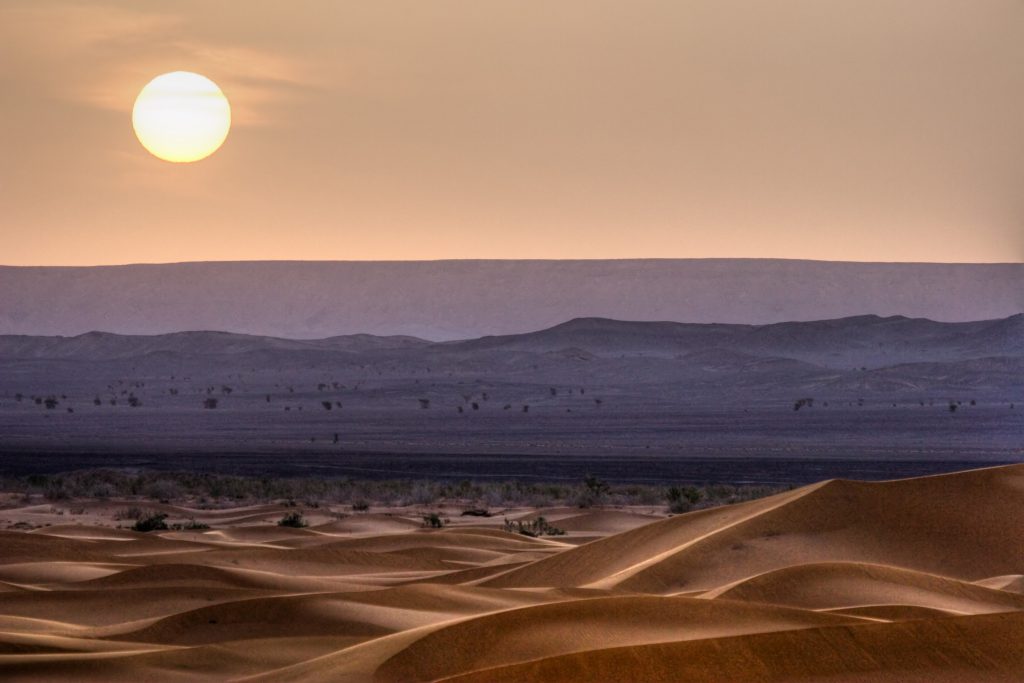


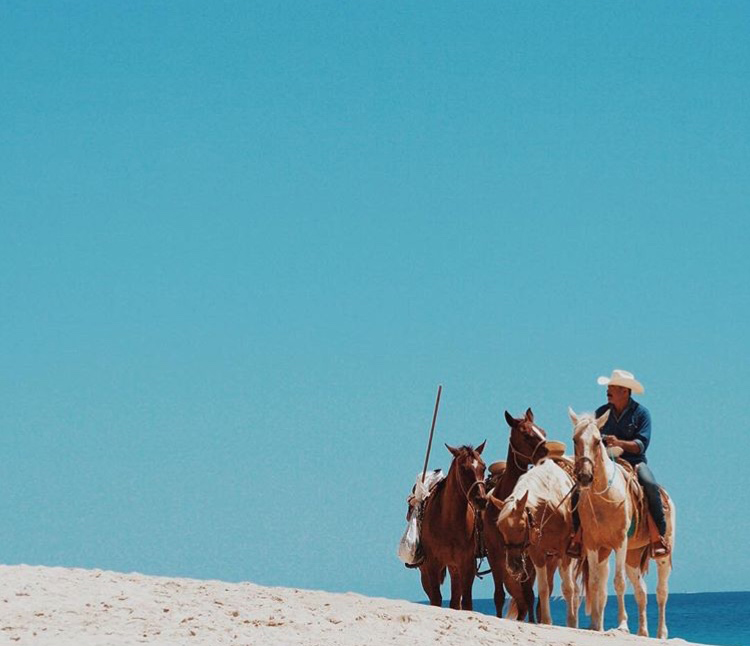
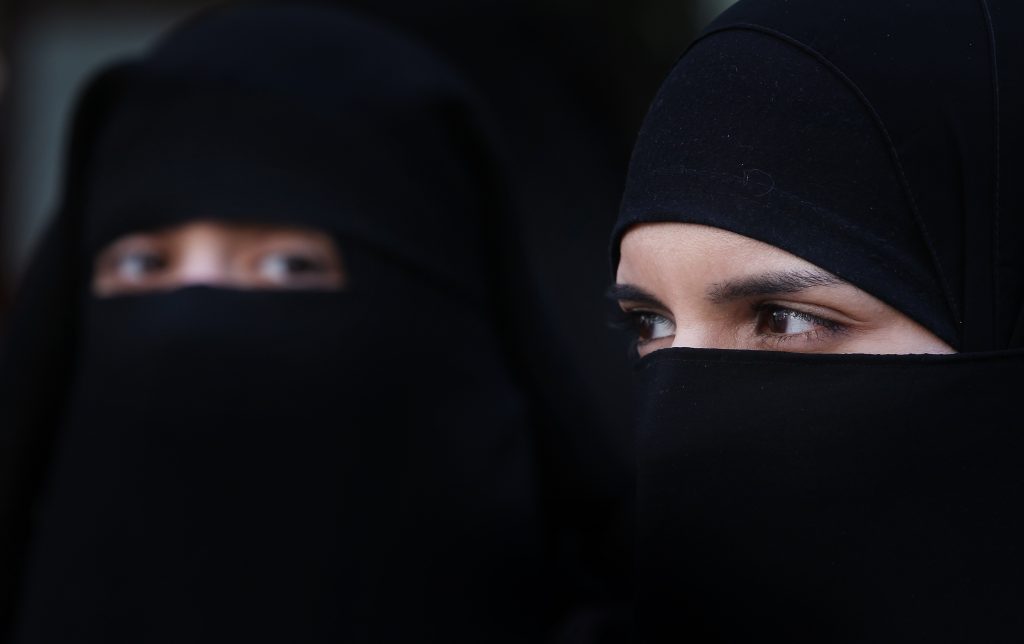
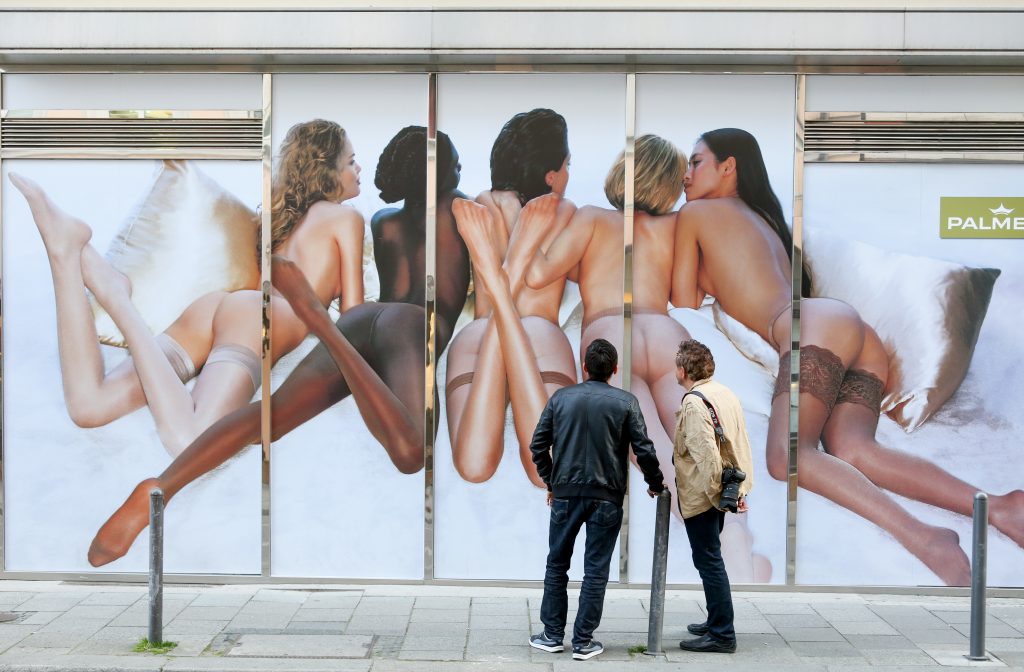
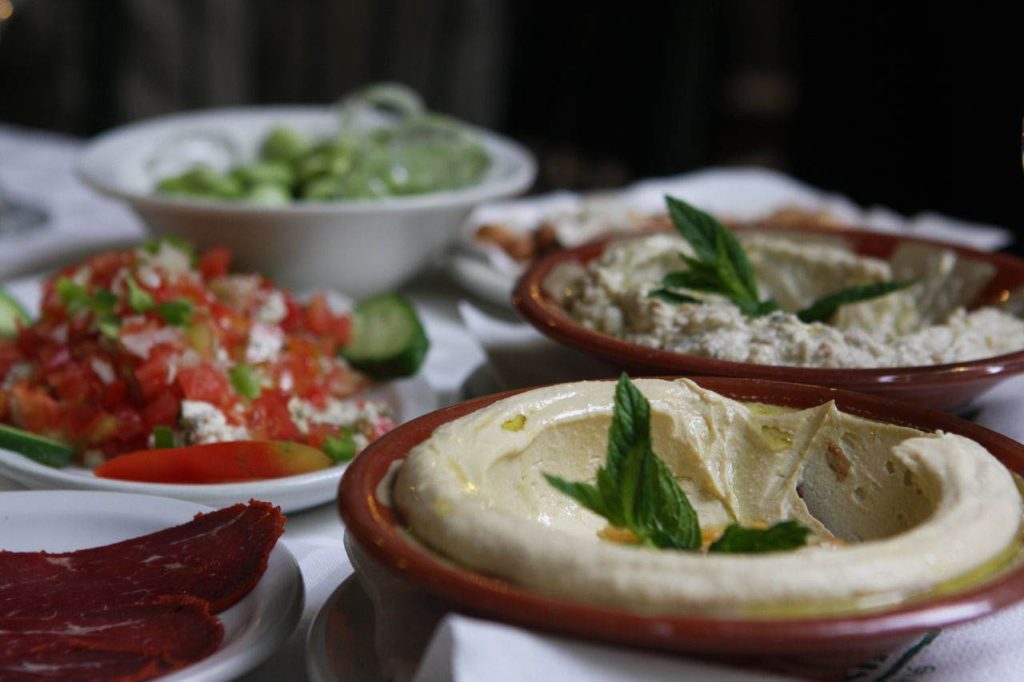
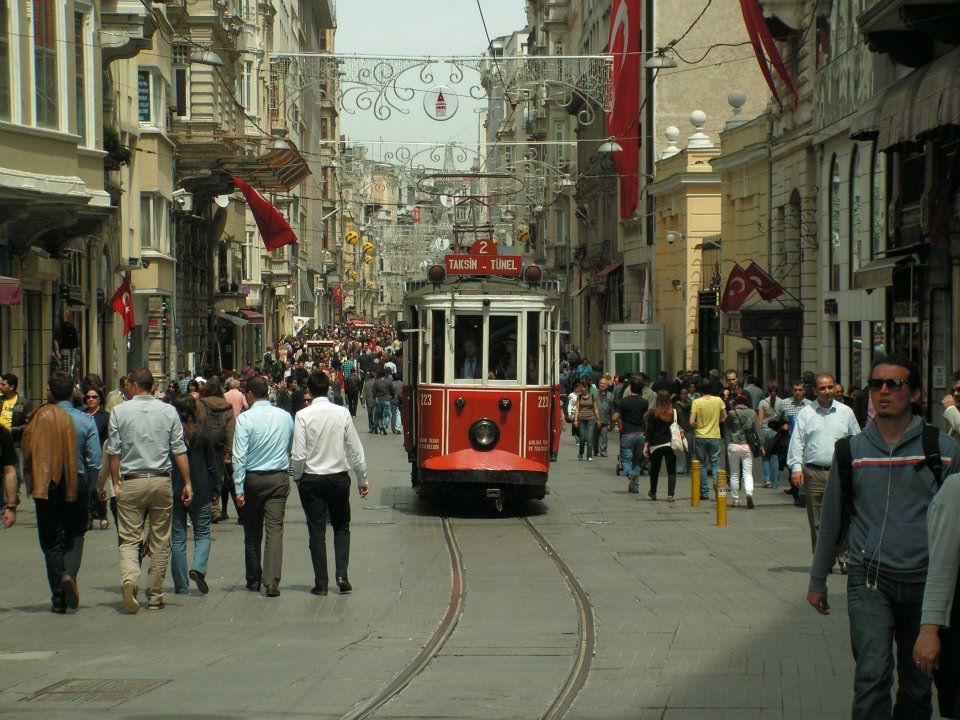
Leave a Reply